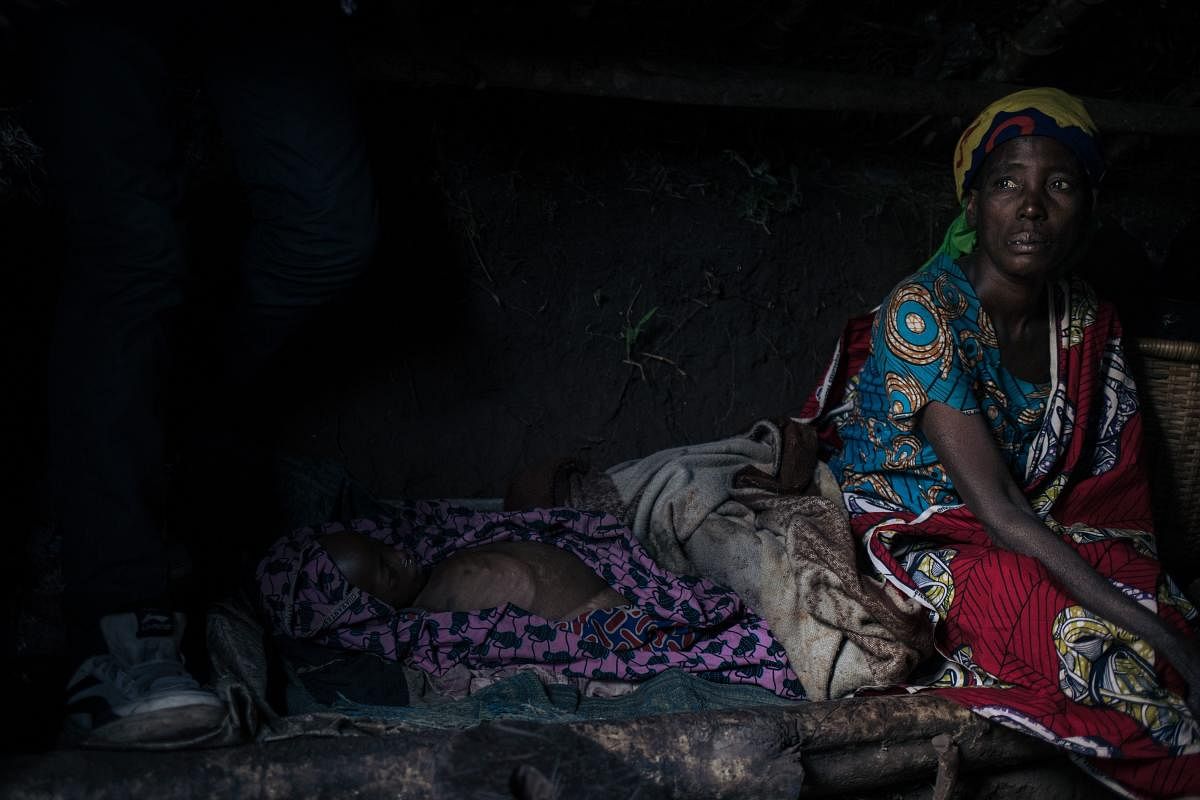
The African Union called on Democratic Republic of Congo leaders to preserve "peace and stability" as a crisis in the perennially restive nation's shaky ruling coalition widened on Saturday.
President Felix Tshisekedi is due to unveil new decisions on Sunday on the simmering tensions pitting his supporters against those loyal to his powerful predecessor Joseph Kabila.
Tshisekedi took over from Kabila in January 2019, in the DRC's first peaceful transition since independence from Belgium in 1960.
But his room for implementing much-trumpeted reforms was cramped by the need to forge a coalition with the pro-Kabila Common Front for the Congo (FCC), which has a crushing majority in parliament.
On Saturday, about 100 lawmakers and Tshisekedi supporters tried to file a petition seeking the resignation of the pro-Kabila speaker of the lower house but failed to do so as "all the offices were closed," Leon Mubikayi, an MP said.
The petition was signed by over 250 MPs, he claimed. AFP was not able to independently verify this.
Alarmed by the rising tensions in a country wracked by conflict, the head of the AU Commission Moussa Faki Mahama called for peace after talks with both Tshisekedi and Kabila in Kinshasa this week.
He called on all "all political players to work resolutely and sincerely for national harmony and to preserve peace and stability".
Kabila supporters number over 300 in the 500-seat legislature.
Tensions surfaced publicly after Tshisekedi in July named three new justices to the top court, the Constitutional Council, overriding strong protests from the pro-Kabila camp.
In October, Tshisekedi revealed there had been discord over major issues with the FCC-dominated government.
These included national security, the management of state assets, the independence of the judiciary and the organisation of elections.
Last month, he embarked on three weeks of consultations with various parties and political figures, seeking "the sacred union of the nation," in his office's words.
In the capital Kinshasa, speculation has been rife that he may dissolve the government -- a move that could escalate friction, as the coalition was born of a deal, still unpublished, that Tshisekedi and Kabila struck in January 2019.
Kabila ruled the DRC for 18 years until he stepped down after long-delayed elections in December 2018.
He retains considerable clout through political allies and officers he appointed to the armed forces, and is also a senator for life.